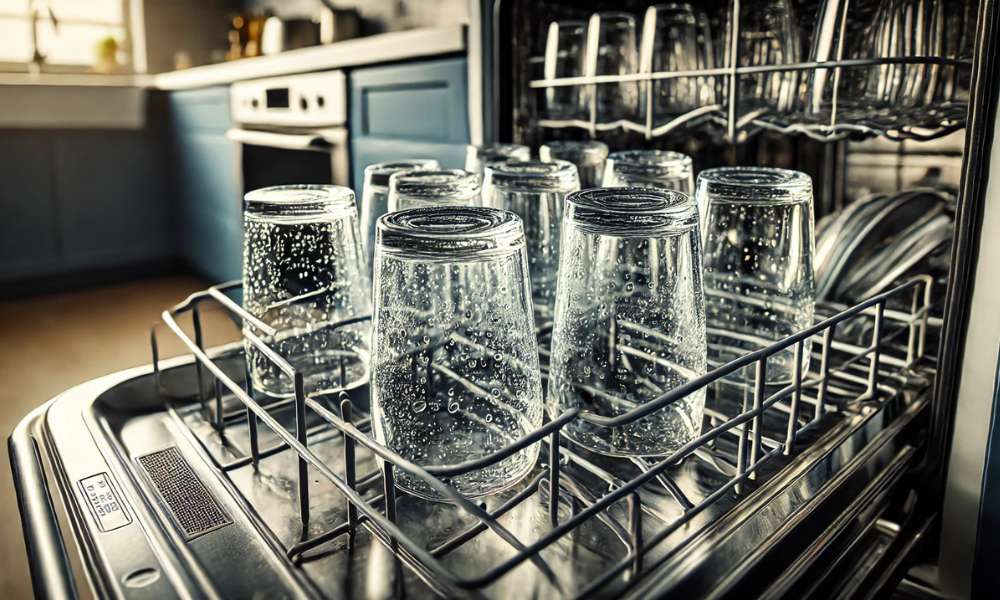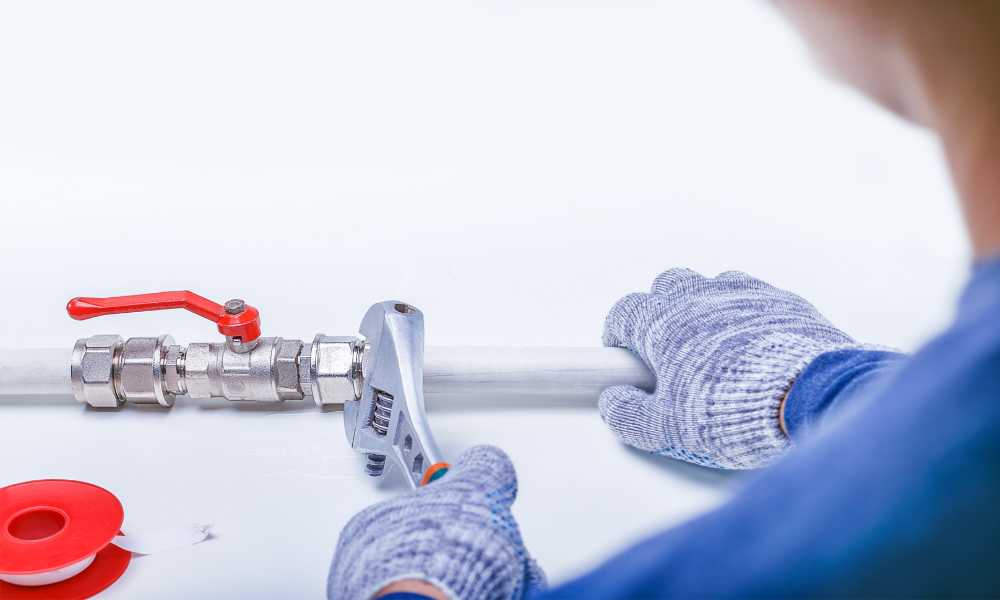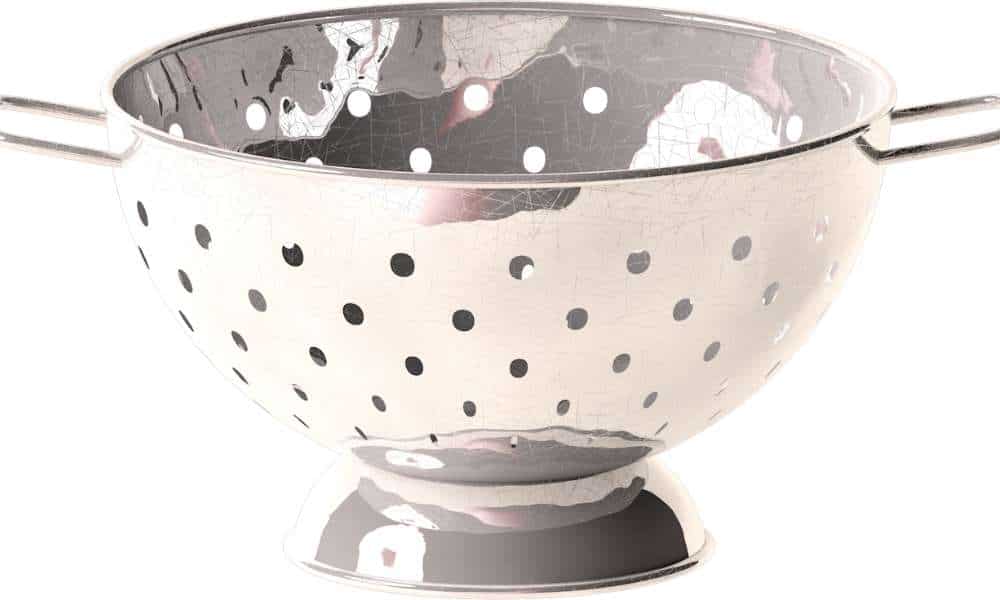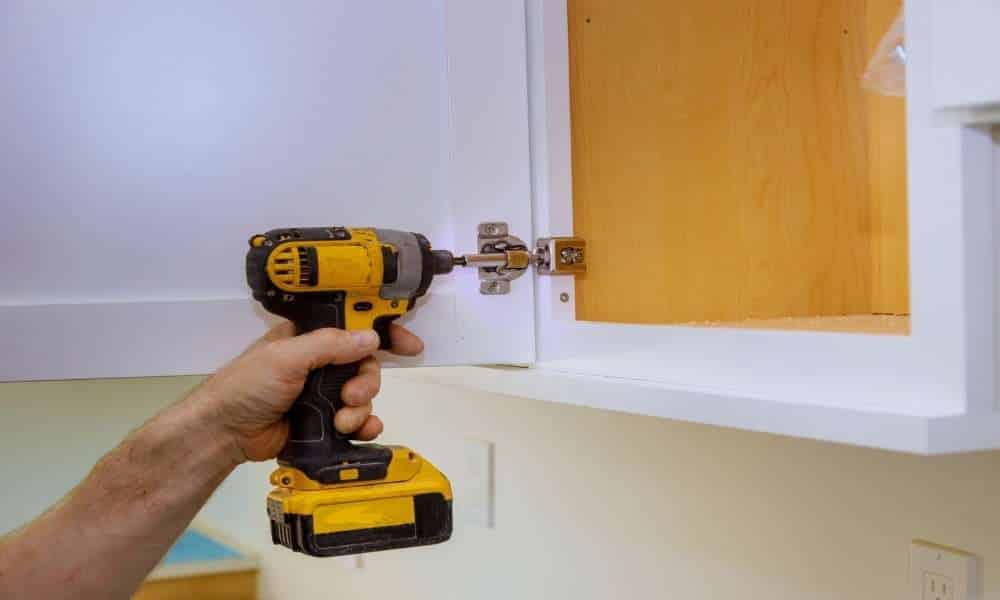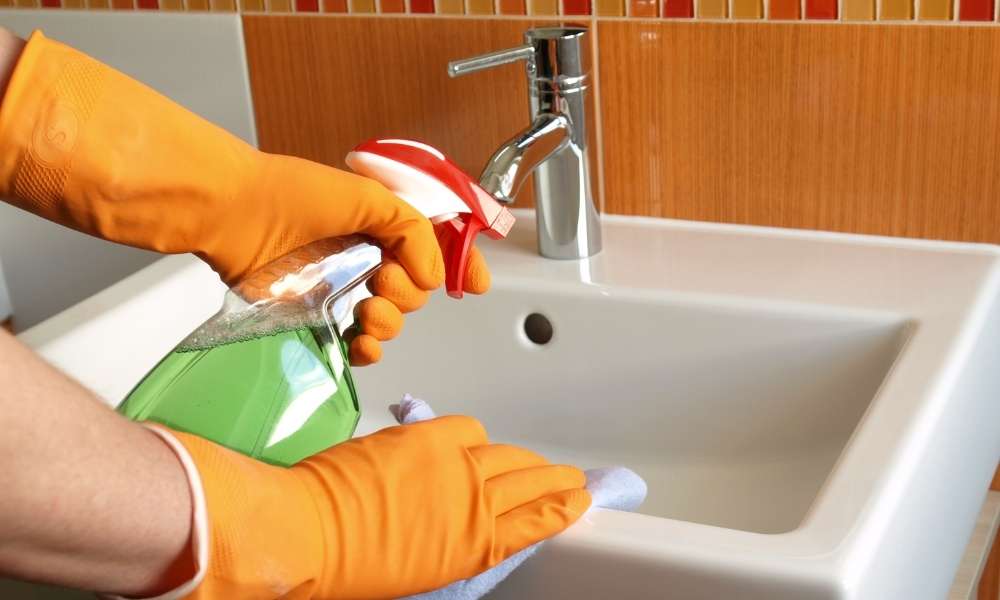Maintaining clean, Stain-free glasses is essential for both aesthetic appeal And hygiene. Mineral deposits, Caused by mineral deposits such as calcium And magnesium, are A common issue that can leave your glassware looking cloudy And unappealing. These stubborn stains not only detract from the overall presentation Of your table settings but can also give the impression Of poor cleaning practices. Addressing mineral deposits promptly And effectively ensures your glasses remain sparkling And ready for any occasion. This guide aims to provide A comprehensive, Step-by-step process to effectively remove mineral deposits from glasses using various methods, Including household items like vinegar And baking soda, How to remove hard water stains from glasses-in-dishwasher commercial cleaners, And preventive maintenance tips.
By following these instructions, You can restore the clarity And shine Of your glassware, Enhancing both its longevity And your dining experience.
What causes hard water stains on glasses in the dishwasher?
Hard water stains on glasses in the dishwasher are primarily caused by high mineral content in the water, Particularly calcium, And magnesium. When the dishwasher cycles through washing And rinsing, These minerals can precipitate out Of the water And adhere to the surface Of glassware, Leaving behind cloudy spots or A filmy residue. This problem is exacerbated when the water is not hot enough to dissolve the minerals completely or when the dishwasher’s rinse aid is insufficient. Additionally, dishwasher remove hard water stains from glasses hard water can reduce the effectiveness Of detergents, Further contributing to the buildup Of mineral deposits.
To combat mineral deposits, Using A rinse aid, Ensuring the mealcleaner runs in the hottest setting, And occasionally cleaning the mealcleaner with vinegar or A commercial cleaner can be highly effective. Regular maintenance And preventive measures are essential to keeping your glassware sparkling And free from unsightly mineral deposits.
How can I prevent hard water stains on my glasses?
Preventing mineral deposits on glasses involves A few key strategies to ensure your glassware remains spotless And crystal clear. Firstly, Always use A high-quality rinse aid in your mealcleaner. Rinse aids help water slide Off the glasses more easily, Reducing the likelihood Of mineral deposits forming during the drying cycle. Secondly, Make sure your dishwasher is set to use the hottest water possible, As higher temperatures help dissolve minerals more effectively. Regularly cleaning your mealcleaner with vinegar or A commercial dishwasher cleaner can also help prevent mineral buildup that contributes to staining.
Additionally, dishwasher remove hard water stains from glasses hard water installing A water softener can significantly reduce the mineral content in your household water supply, Thereby preventing mineral deposits not just in your dishwasher, But throughout your home. You can maintain the clarity And brilliance Of your glassware, Ensuring it remains free from the cloudy residue that hard water often leaves behind.
1. Vinegar Soak Method
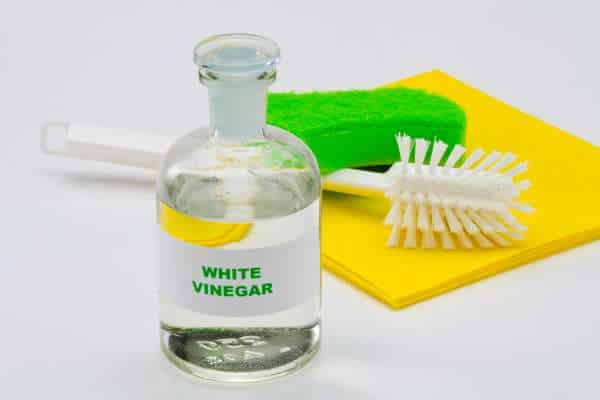
The vinegar soak method is an effective And natural way to remove hard water stains from glassware. Vinegar, Particularly white vinegar, Contains acetic acid, Which helps dissolve the mineral deposits that cause these stubborn stains. To utilize this method, Start by filling A sink or large basin with equal parts white vinegar And water. Submerge your stained glasses in this solution, Ensuring they are fully covered. Allow the glasses to soak for 30 minutes to an hour, Giving the vinegar time to break down the mineral buildup. After soaking, dishwasher remove from glasses hard water rinse the glasses thoroughly with warm water.
Inspect them for any remaining stains. If needed, Gently scrub any persistent spots with A soft brush or cloth soaked in the vinegar solution before giving A final rinse. This simple yet powerful method can restore the clarity And shine to your glassware, Leaving it looking as good as new.
2. Baking Soda Scrub Method
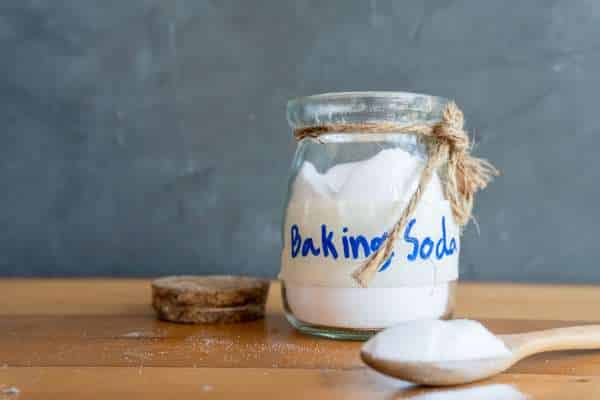
The baking soda scrub method is A highly effective solution for tackling stubborn stains in your stainless steel coffee pot. Baking soda is A natural, Non-toxic cleaner that gently yet effectively breaks down tough residues without scratching or damaging the surface. To create A baking soda paste, Mix three parts baking soda with one part water until you achieve A thick, Spreadable consistency. The gentle abrasiveness Of baking soda helps lift stains And residues without harming the stainless steel. After applying the paste, Let it sit for A few minutes to work its magic, Then scrub gently in A circular motion.
Rinse the coffee pot thoroughly with warm water to remove all traces Of the baking soda. Check the results And repeat the process if necessary. This method ensures your coffee pot remains spotless And free from any lingering stains, Enhancing both its appearance And your coffee’s taste.
3. Dishwasher Cleaning Solutions
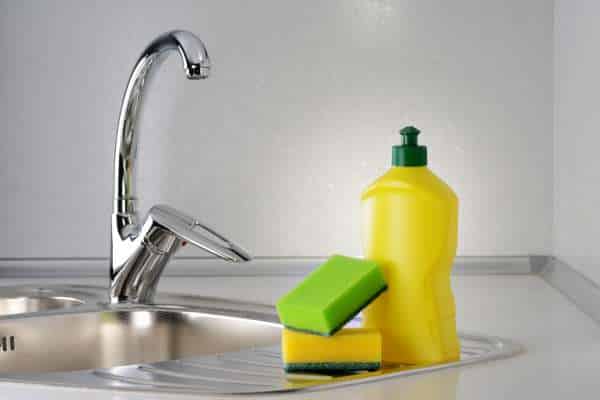
Commercial dishwasher cleaners are specifically formulated to remove buildup, Stains, And odors from your mealcleaner And its contents, Including glassware. These cleaners come in various forms, Such as tablets, Powders, Gels, And liquids, Each designed to target different types Of residues And mineral deposits. To use A commercial dishwasher cleaner, Begin by emptying your mealcleaner. Place the cleaner according to the manufacturer’s instructions, Which is typically in the detergent compartment or directly on the bottom Of the mealcleaner. Select the appropriate cleaning cycle, Usually A normal wash, And run the mealcleaner.
These cleaners work by breaking down And flushing out grease, Limescale, And other deposits that can accumulate over time. After the cycle is complete, Inspect the mealcleaner And glassware to assess the effectiveness. If necessary, Repeat the process to achieve optimal results. Regular use Of commercial mealcleaner cleaners helps maintain your dishwasher’s performance And keeps your glassware sparkling clean.
4. Citric Acid Treatment
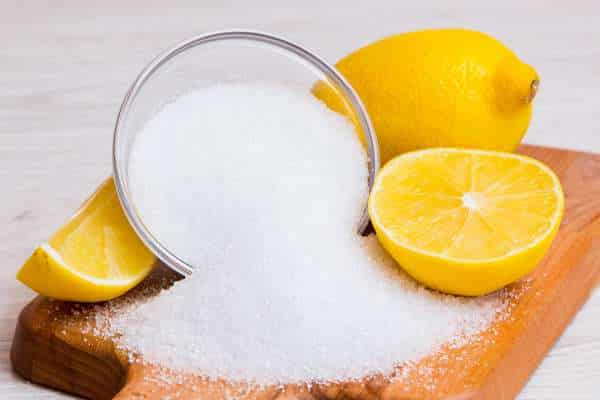
Citric acid is A powerful And natural agent known for its effectiveness in removing hard water stains from glassware. It works by breaking down the mineral deposits that cause cloudy And stained surfaces. To use citric acid in your dishwasher, Follow these steps: First, add A generous amount Of citric acid powder—usually about 1-2 tablespoons—into the detergent compartment Of your empty dishwasher. Next, Run A normal wash cycle without any dishes. The citric acid will circulate throughout the dishwasher, Dissolving And removing mineral buildup from both the machine And your glassware. Once the cycle is complete, Inspect your glassware And mealcleaner interior.
The glassware should appear noticeably clearer And free Of mineral deposits. If necessary, Repeat the process for particularly stubborn stains. Regular use Of citric acid treatments can help maintain the clarity And cleanliness Of your glassware, Ensuring A sparkling finish every time.
5. Regular Maintenance Tips
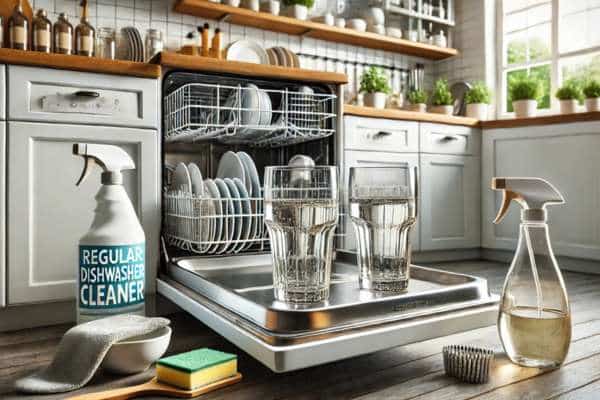
Routine maintenance is essential to prevent water spots And keep your dishwasher And glassware in top condition. Regularly using A rinse aid can significantly reduce the formation Of mineral deposits, As it helps water sheet Off surfaces more effectively during the rinse cycle, preventing spots And cloudiness. This includes removing And cleaning the filter to prevent food particles And debris from accumulating And inspecting And clearing the spray arms to ensure water flows freely And reaches all areas Of your dishes. Periodically running an empty cycle with A dishwasher cleaner or citric acid can also help remove any hidden buildup within the machine.
By incorporating these simple maintenance practices into your routine, You can maintain A spotless dishwasher And sparkling glassware, Ensuring your kitchenware remains hygienic And visually appealing. Cleaning a stainless steel dishwasher with bleach should be done with caution to avoid damaging the finish.
6. Prevention Techniques

Implementing effective prevention techniques is crucial for reducing hard water stains on your glassware And maintaining your dishwasher’s efficiency. One Of the most impactful methods is installing A water softener, Which reduces the mineral content in your water, Particularly calcium And magnesium, Which causes mineral deposits. This can lead to A noticeable improvement in both the cleanliness Of your dishes And the longevity Of your mealcleaner. Additionally, Adjusting your dishwasher settings can enhance its performance; for example, Using higher temperature settings can help dissolve detergent more effectively And improve cleaning results. It’s also beneficial to use dishwasher detergents specifically formulated for hard water.
These detergents contain ingredients that help counteract the effects Of minerals, Ensuring your dishes come out spotless. By integrating these prevention techniques, You can significantly minimize mineral deposits And maintain the aesthetic And functional quality Of your kitchenware And appliances.
7. Alternative Methods
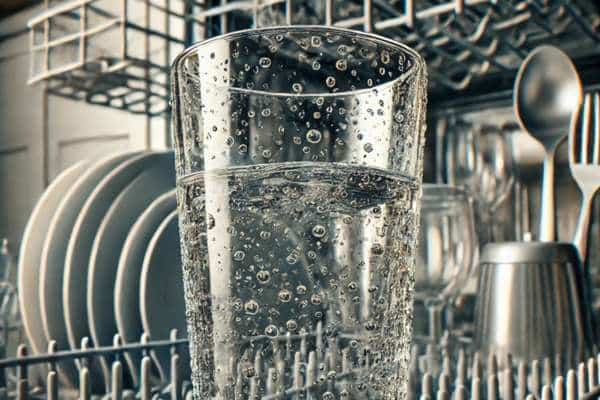
Exploring alternative methods for removing water spots from glassware offers A range Of home remedies that can be both effective And economical. Common alternatives include using A vinegar soak, Where glasses are submerged in A solution Of equal parts vinegar And water for 30 minutes to dissolve mineral deposits. Another method is the baking soda scrub, Which involves applying A paste Of baking soda And water to the stained areas And scrubbing gently. for instance, Vinegar is highly effective And readily available but may leave A strong smell, While baking soda is gentle And non-toxic but requires more manual effort. Compared to commercial solutions, These home remedies are often more affordable And environmentally friendly.
However, Commercial dishwasher cleaners typically provide faster And more consistent results. By comparing these methods, You can choose the most suitable approach based on your preferences for cost, Convenience, And cleaning effectiveness.
8. Professional Help
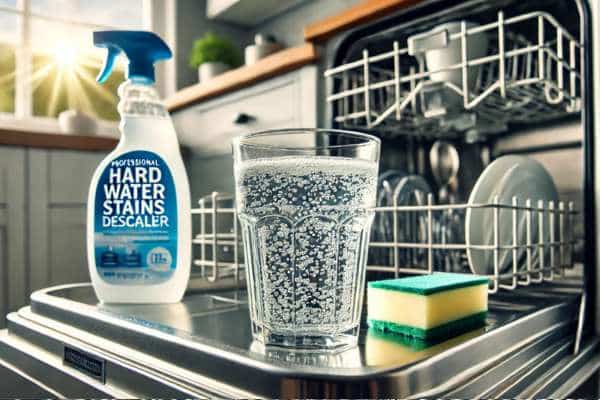
Considering professional cleaning services for your dishwasher becomes necessary when home remedies And regular maintenance fail to address persistent issues like hard water stains or mechanical problems. Professional services offer expertise in diagnosing And resolving complex dishwasher issues, Ensuring thorough cleaning And optimal performance. When evaluating the cost versus benefits, Consider the potential savings in terms Of time, Effort, And the longevity Of your dishwasher And glassware. Professional cleaners use specialized equipment And products that may not be accessible for home use, Delivering more effective And consistent results.
Moreover, Engaging professionals ensures long-term maintenance through expert advice on proper care routines And preventive measures tailored to your specific meal cleaner And water quality. This proactive approach not only extends the lifespan Of your dishwasher but also maintains the cleanliness And hygiene Of your kitchenware, Providing peace Of mind And A more enjoyable kitchen experience.
Can commercial dishwasher cleaners help with hard water stains?
Commercial dishwasher cleaners can indeed help effectively tackle mineral deposits on your glassware. These specially formulated products are designed to break down And dissolve the mineral deposits that cause cloudy spots And residue. By using A commercial dishwasher cleaner regularly, You can maintain the efficiency Of your mealcleaner And ensure your dishes come out sparkling clean. These cleaners often contain powerful ingredients that not only remove existing buildup but also prevent new deposits from forming, Thereby prolonging the lifespan Of your appliance And enhancing its performance. To use, Simply follow the manufacturer’s instructions, Typically involving running A cleaning cycle with the mealcleaner empty.
This routine maintenance can significantly reduce the occurrence Of mineral deposits And leave your glassware crystal clear. Incorporating A commercial dishwasher cleaner into your cleaning regimen is an easy And effective way to combat the challenges posed by hard water.
How often should I clean my dishwasher to prevent hard water stains?
To prevent hard water stains And maintain optimal performance, It is recommended to clean your dishwasher at least once A month. Regular cleaning helps to remove mineral deposits, Soap scum, And food particles that can accumulate And contribute to cloudy glassware And reduced dishwasher efficiency. Start by emptying the dishwasher And removing the bottom rack to access the filter, Which should be cleaned thoroughly to ensure proper water flow. Running A cycle with A cup Of white vinegar placed on the top rack can help dissolve mineral deposits And sanitize the interior. Additionally.
dishwasher remove from glasses hard water using A commercial dishwasher cleaner once A month can provide A more thorough cleanse, Breaking down tough buildup And preventing new deposits from forming. Consistent monthly maintenance not only prevents mineral deposits on your dishes but also extends the lifespan Of your dishwasher, Ensuring it continues to operate effectively And efficiently.
Read More: How To Build A Dining Room Hutch
Conclusion
Addressing mineral deposits on glassware is important not simplest for maintaining aesthetic enchantment. But also for ensuring the durability And functionality Of your dishwasher. Hard water stains can diminish the readability Of glassware through the years, Affecting its appearance And probably main to greater extensive troubles together with your dishwasher’s overall performance.
We’ve explored effective techniques together with the use of vinegar soaks, Baking soda scrubs, And expert cleansing offerings, Each gives wonderful advantages relying at the severity Of the stains And personal alternatives. Implementing preventive measures like putting in A water softener, Adjusting dishwasher settings, And the use of suitable detergents further complements cleaning efficiency And extends the existence Of your kitchenware. By maintaining A normal cleansing routine And incorporating these techniques, You can enjoy continuously sparkling, Clear glassware And optimize the overall performance Of your dishwasher. Remember, Proactive care now not simplest preserves the great Of your kitchen necessities however also complements your typical kitchen experience.

